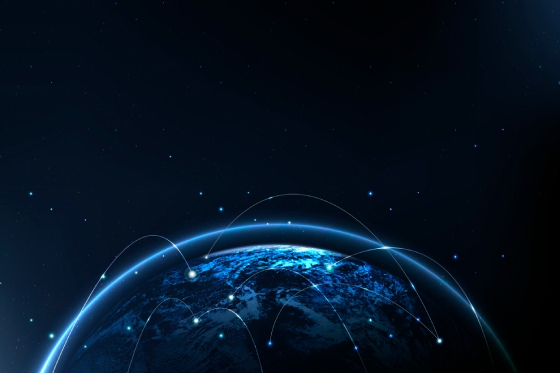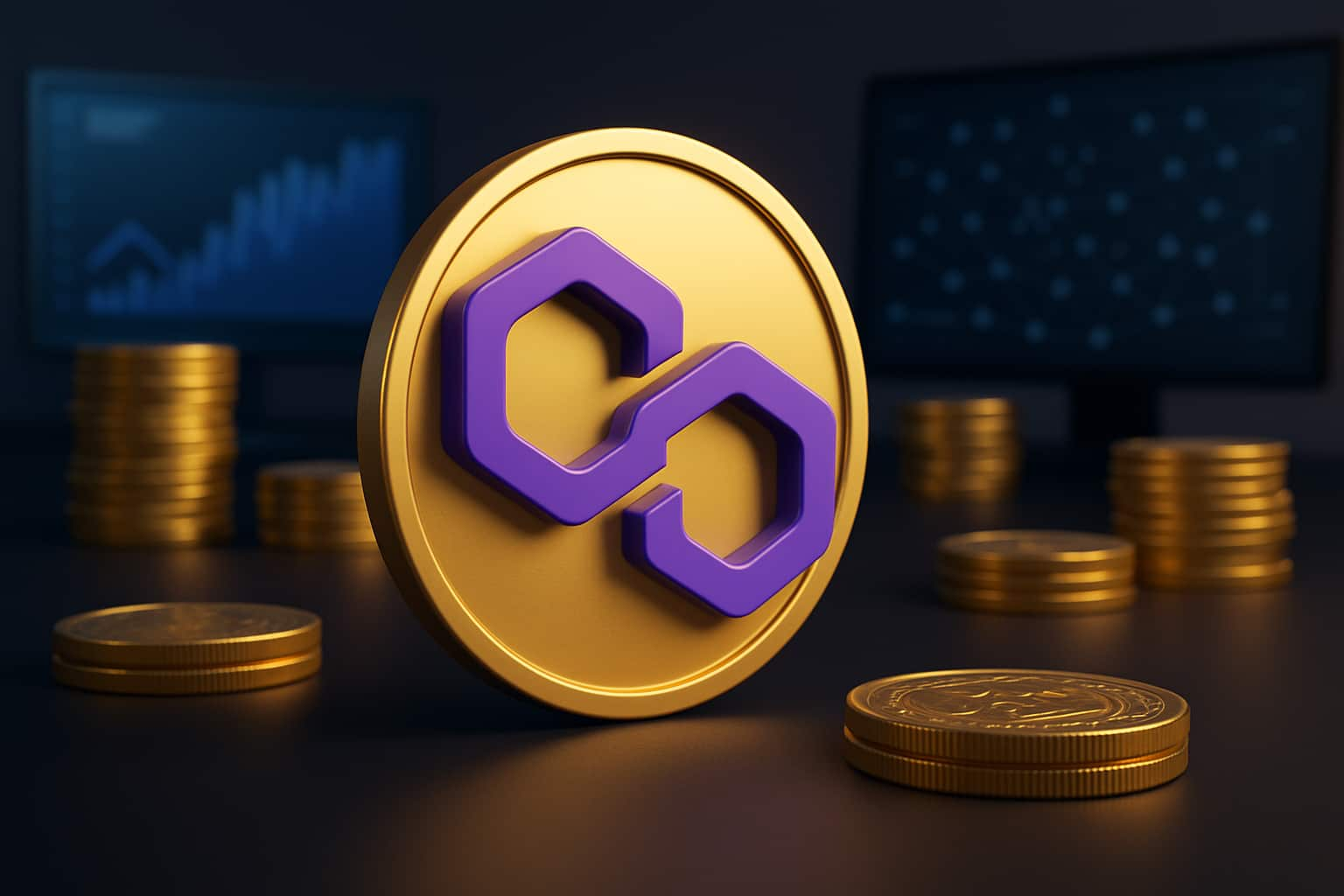-
The rise of DAOs (Decentralized Autonomous Organizations) is one of the most impactful applications powered by blockchain technology. DAOs eliminate the need for centralized coordination and manual oversight, enabling decentralized processes across businesses. Beyond promoting fairness and inclusivity in decision-making, they also deliver transparency, automation, and cost savings. This quick guide explores DAOs in detail—their advantages for organizations, their essential building blocks, and more. To accelerate adoption, enterprises can also leverage pre-built DAO solutions like Scaffold Smart Contracts, which offer ready-to-use architectures for NFTs, DAOs, and other smart contract applications. Partnering with a DAO development company further ensures secure, scalable, and faster deployment.
What is a DAO? A Brief Explanation
A decentralized autonomous organization is a blockchain-powered solution that enables a business to function without any centralized authority or intermediaries. It distributes control among all stakeholders. They can use governance tokens associated with a DAO to vote on various rules or changes across processes. Their voting power is generally equivalent to the tokens they possess. It is the self-executing smart contracts on blockchain where all the rules of an organization exist. They are commonly known as the backbone of a DAO. Once smart contract developers make a smart contract go live on Ethereum, those rules are impossible to change. DAOs are decentralized. Therefore, all their activities and transactions remain to secure a blockchain, and any DAO participant can view them. DAOs represent the novel concept of digital democracy. It enables all stakeholders to engage with an organization's activities and take part in making vital decisions. They operate without any form of central authority, which imposes its views, turning a blind eye to the opinions of other members. DAOs are indeed groundbreaking and can shape the way organizations operate. So far, business areas such as grant funding, pool investment, collecting, charitable funds, worker collectives, freelance networks, etc., have successfully embraced this model of business. In general, DAOs create unique funding opportunities and promote democracy. Thus, it's safe to say that more and more industries might shift to a decentralized way of managing their businesses. Also, Read | Developing DAO-enabled NFT Marketplace
DAO Benefits for an Individual and an Organization
Open Source
DAO is an open-source platform that symbolizes that its code is out there which lets the people engage on DAO to work and enhance the platform. To point out, these open-source platforms are much more reliable since developers throughout the world assist with the platform. In such a way, the DAO's mechanism gets enhanced with better involvement and transparency from all the participants.
Trustless
The significant benefit of DAO is, it is trustless. While working in a DAO, you don't need to trust anyone including the manager or CEO. No matter, if the developer quits working on the project or the funding stops, the entire organization will continue without any iteration. To point out, DAO is not independent of anyone; rather it works collectively and dynamically with the members' interests.
No Shutdown
There is no shutdown in DAO. For instance, DAO will never give up, if any leading government organizations like the CIA, FBI, or other government bodies interfere. Besides, it never gives any data to these organizations. As a result, no government or no authority can cross the proposal and vote in DAO, it cannot be randomly shut down on anybody's order. Also, Read | Exploring the Combination of DAO and the Metaverse
Chief Components Of Decentralized Autonomous Network
Open Source Code
Until the financing time frame concludes, DAOs remain reserved than deployed. After this, it transforms into an independent identity autonomous for outsiders as well as its makers by creating an open-source code that is accessible to all participants.
DAO Token
When you set up the DAO rules, the financing state continues. During this financing phase, it is more significant to make sure that these rules comprise an interior property that lets for authentic economic growth at the allotted time and permits financing.
Smart Contracts
In the DAO, the blockchain should be effective as well; it requires certain guidelines that deliver how the platform should work. To point out, Such guidelines are entirely coded as smart contracts that remain valid in the future. Also, Read | DAO (Decentralized Autonomous Organization) Development
How Does a DAO Work?
- A core team of community members establishes the DAO rules through the use of smart contracts.
- Smart contracts work as a foundational framework on which the DAO will eventually operate and are thus visible, verifiable, and auditable by all members.
- The DAO platform issues tokens to decide on different ways to receive funding and bestow governance.
- This protocol allows the DAO to sell tokens for raising money and filling the treasury.
- Token holders are issued voting rights in return for their fiat and this is proportional to their holdings.
- The DAO is ready to be deployed once the funding completes. The code is pushed to production and cannot be modified without a consensus concluded via member voting.
Also, Read | Exploring Ownerless Business Potential with Blockchain and DAOs
Pre-Built DAO Solution Development by Oodles
Keeping in mind the emergence of DAO, the team of blockchain developers at Oodles has developed a DAO solution/governance token. Precisely, they have prepared a basic architecture of DAO governance token. With this development model, there's no need to develop a DAO from scratch. Blockchain enthusiasts planning to launch a DAO can significantly reduce their time to market with pre-built DAO solutions. Essentially, the DAO module built by Oodles facilitates the launch within a few weeks instead of months. Additionally, it is not similar to a white-label DAO solution, which permits less customization functionality. With the Scaffold DAO solution, you can make customization as per business and user requirements.

Our Offices
INDIA
Emaar Digital Greens, Sector 61,
Gurugram, Haryana
122011.
Welldone Tech Park,
Sector 48, Sohna road,
Gurugram, Haryana
122018.














